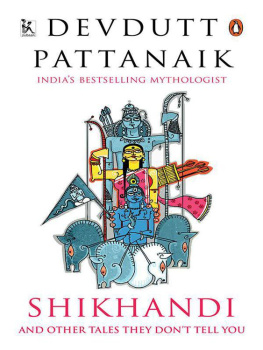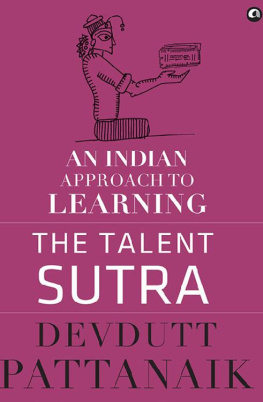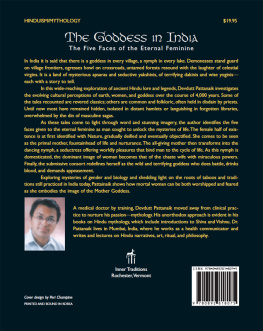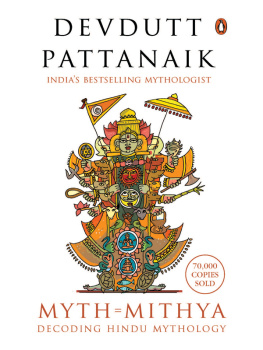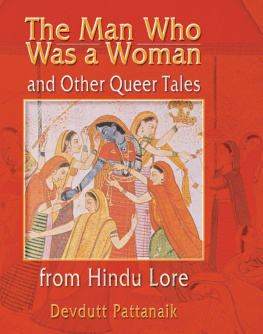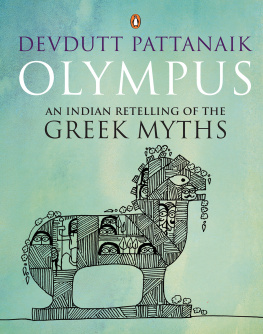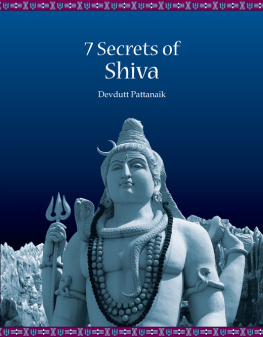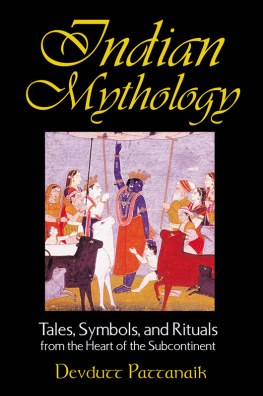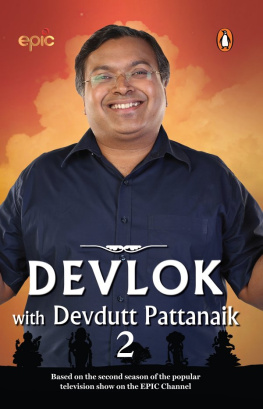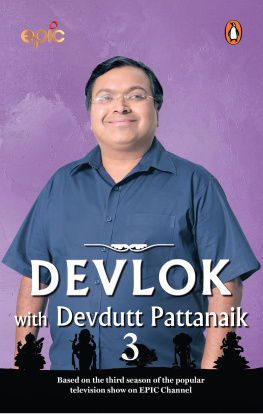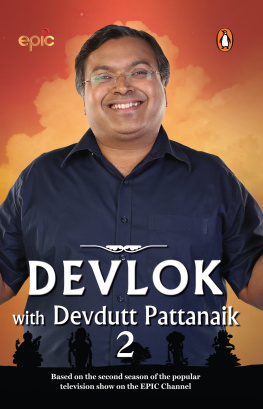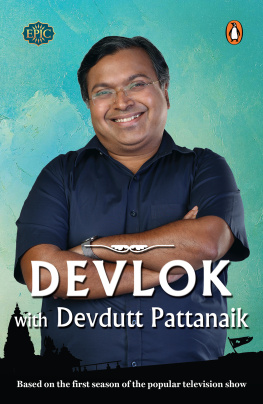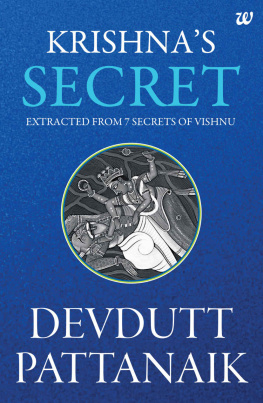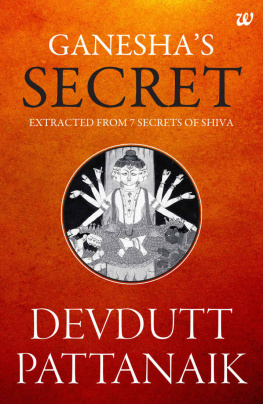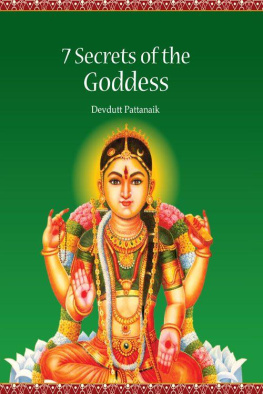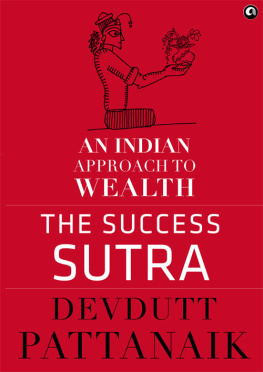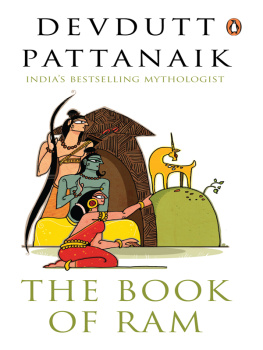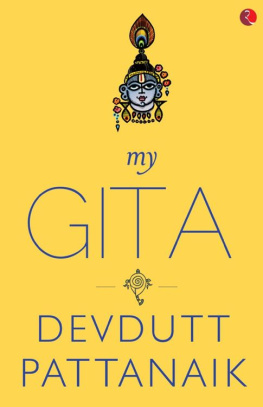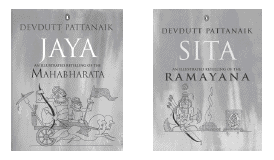Appreciating Queerness
I have a mans body. I accept this body. I offer it to everyone.
I have a womans body. I accept this body. I offer it to everyone.
I have a mans body. I reject this body. I desire no one.
I have a womans body. I reject this body. I desire no one.
I dont know if my body is a womans or a mans. I feel I am a woman.
I dont know if my body is a mans or a womans. I feel I am a man.
I have a mans body. It should be a womans. I desire men.
I have a womans body. It should be a mans. I desire women.
I have a mans body. It should be a womans. I desire women.
I have a womans body. It should be a mans. I desire men.
I have a mans body. I dress like a woman. I desire men.
I have a womans body. I dress like a man. I desire women.
I have a mans body. I dress like a woman. I desire women.
I have a womans body. I dress like a man. I desire men.
I have a mans body. I dress like a man. I desire both men and women.
I have a womans body. I dress like a woman. I desire both women and men.
I have a mans body. I dress like a man. I desire men.
I have a womans body. I dress like a woman. I desire women.
I have a mans body. I dress like a man. I desire women.
I have a womans body. I dress like a woman. I desire men.
I am a man. I desire only one woman.
I am a woman. I desire only one man.
I am a man. I desire only one man.
I am a woman. I desire only one woman.
I am neither male nor female.
I am both male and female.
I am firm and flexible.
I am aware and I am not.
To appreciate this fluidity of nature
And the shifting rigidities of culture
Is to appreciate queerness.

The assertive (masculine?) stance of a woman assumed to be a dancer from the Indus valley civilisation dated 2500 BCE.
- When two adult men hold hands in public in the US, they are deemed gay, not so in India. To understand queerness, cultural filters are necessary. Whats also needed is the awareness that these filters can sometimes choke voices.
- In Hindu mythology, the world goes through cycles of birth and death. Each lifetime or kalpa is made up of four eras or yuga. In the first, Satya yuga, categories exist with clear boundaries. Boundaries become increasingly weak and categories get increasingly contaminated in the Treta and Dvapara yugas, before the structure collapses in the Kali yuga, the fourth and final era of the world. Then comes pralaya, the flood of doom, when nothing exists and then the world starts anew. This makes fixed categories the hallmark of purity and fluidity the hallmark of pollution and collapse.
- A common reading of Hindu mythology in Western academia tends to be literal and so locates patriarchy in Satya yuga when structure is respected, and queerness in Kali yuga, when structure collapses. This would lead to the conclusion that Hindu mythology endorses Brahmanical hegemony. It would justify the need to replace traditional Hindu ideas with modern ones to create a fair and just society.
- A deeper Indian reading would locate the problem to the mind. The shift of yuga marks a mind that is increasingly losing faith, hence getting increasingly insecure, hence grabbing more and more power. When this happens categories are no longer appreciated for their uniqueness. They are located in a hierarchy. Domination and oppression follows, resulting in calls for revolutions. Duties are enforced and rights demanded in order to shift power. Battle lines are drawn and despite the intervention of Vishnu as Parashurama, Ram and Krishna, few accept that the problem is inside and not outside. As long as we let the mind be controlled by fear and transformed into aham (ego), the march of yuga will continue; this is samsara, the wheel of rebirth. As soon as we unknot the mind with wisdom, then atma (soul) reveals itself and the march of yuga stops; this is moksha, liberation.
- Hinduism is a term that was used by the British colonisers of India from the 19th century for administrative convenience. It refers to a tradition that traces its roots to the 4000-year-old Veda, and to the Puranas, Agamas, Tantras and bhakti literature that emerged in the last 2000 years.
- The old Vedic traditions gave way to later Puranic traditions after the rise of monastic orders such as Buddhism and Jainism around 500 BCE, so we may distinguish the two as pre-Buddhist and post-Buddhist forms of Hinduism.
- Buddhism itself changed when Hinduism transformed. The earlier Theravada school of Buddhism made way for the later Mahayana school around the first century CE. With that, the female form was included in the otherwise masculine Buddhist iconography. The feminine took the form of Tara, the goddess of compassion and wisdom, born of Buddhas tears when he heard the cries of the suffering. Also, the hermit form of Buddha gave way to the more dynamic forms of the Bodhisattva, the being who delays his own liberation to help others from their entrapment. The Bodhisattva Avalokiteshwara (who stays back below for others) was popularly visualised as the rather graceful Padmapani, the lotus bearer of languid eyes, who stands in a posture known as

